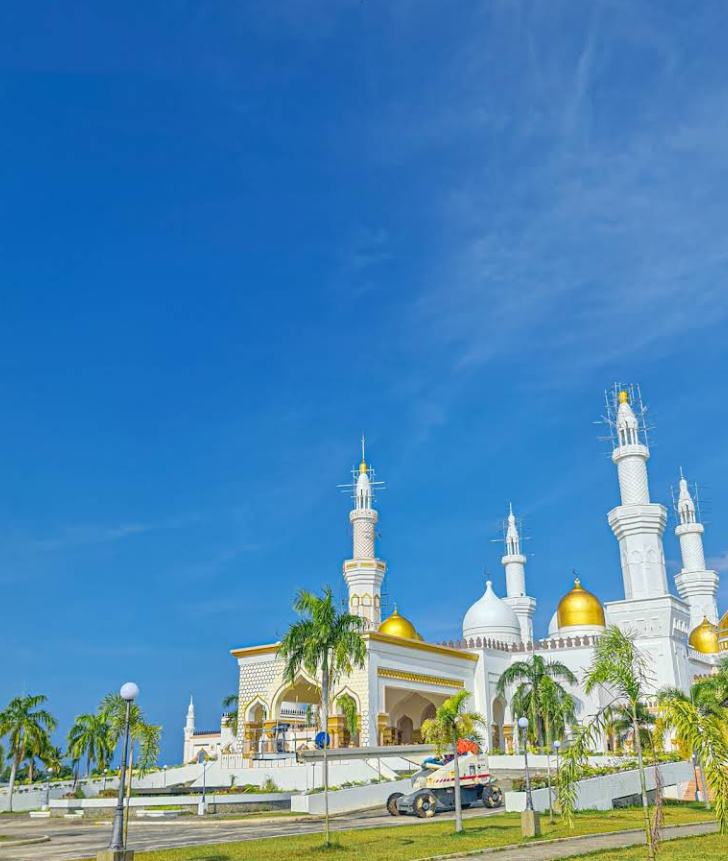
The Sultan Haji Hassanal Bolkiah Mosque, commonly known as the Grand Mosque of Cotabato, stands as a testament to architectural grandeur and interfaith solidarity. Located in Barangay Kalanganan II, Cotabato City, this mosque is the largest in the Philippines and the second largest in Southeast Asia. Its construction that was completed back in 2011 was funded with significant contributions from Brunei’s Sultan Hassanal Bolkiah.
A Monumental Structure
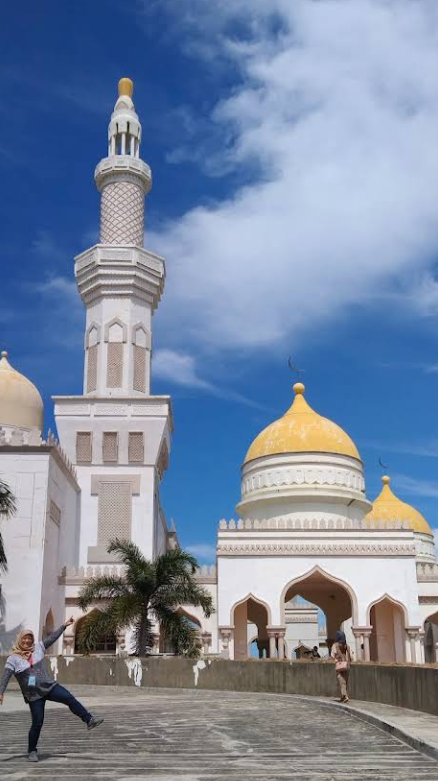
The mosque which was created by renowned architect Felino Palafox has golden domes with crescent moons on them and four tall minarets each measuring forty three meters. The mosque’s importance as a focal point for worship and community gathering is highlighted by its capacity to hold 15,000 worshippers at once.
Cultural and Spiritual Significance
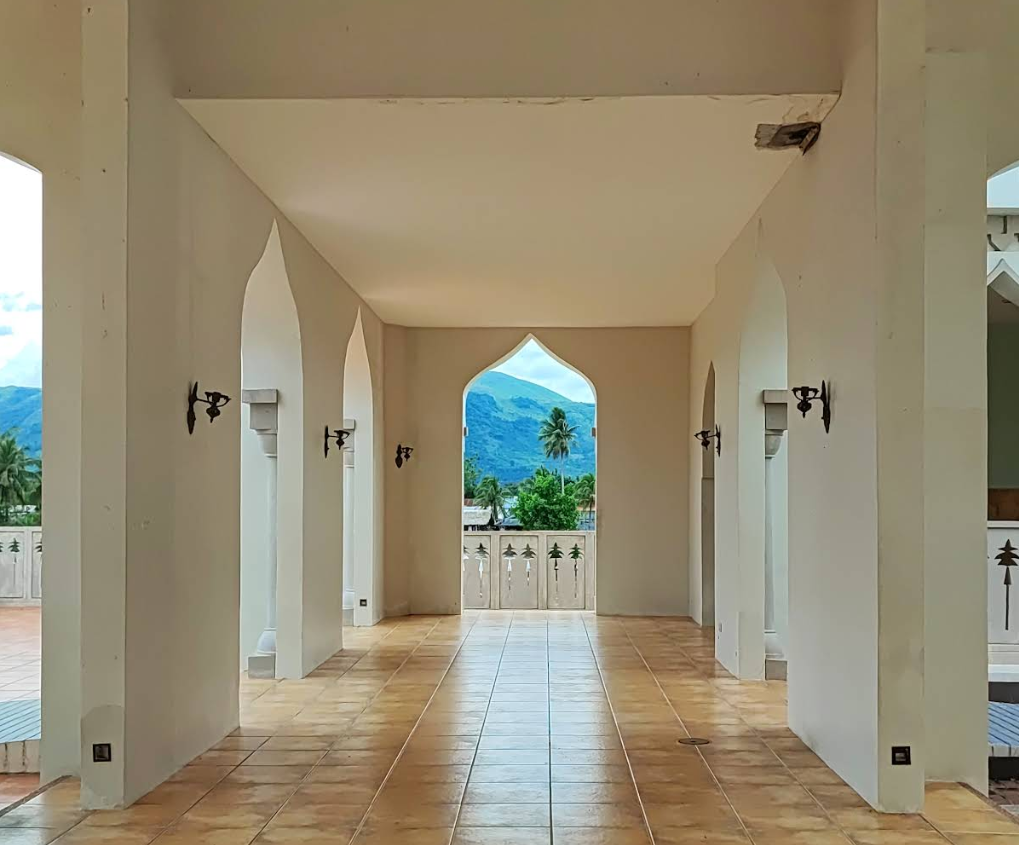
Beyond its architectural splendor, the Grand Mosque of Cotabato serves as a symbol of unity and peace. It plays an important role in the spiritual life of the Muslim community in Mindanao and offers a space for reflection, prayer, and cultural expression.
Other Information:
- The mosque is open daily every 7:00 A.M. to 7:00 P.M.
- There is no formal entrance fee to visit The Grand Mosque of Cotabato however, visitors are encouraged to make a donation
- Visitors are advised to dress modestly and respectfully when visiting the mosque
How To Get There?
Location: Barangay Kalanganan II, Cotabato City, Maguindanao, Mindanao, Philippines
- By Car: From Cotabato City, drive to Barangay Kalanganan II via Tamontaka Bubong Road. The mosque is situated near the junction of this road. Parking is available near the mosque.
- By Commute: From Cotabato City, ride a jeepney heading to Awang and get off at the Kalanganan junction. From there, take a habal-habal to take you directly to the mosque. The journey takes about 30 minutes.
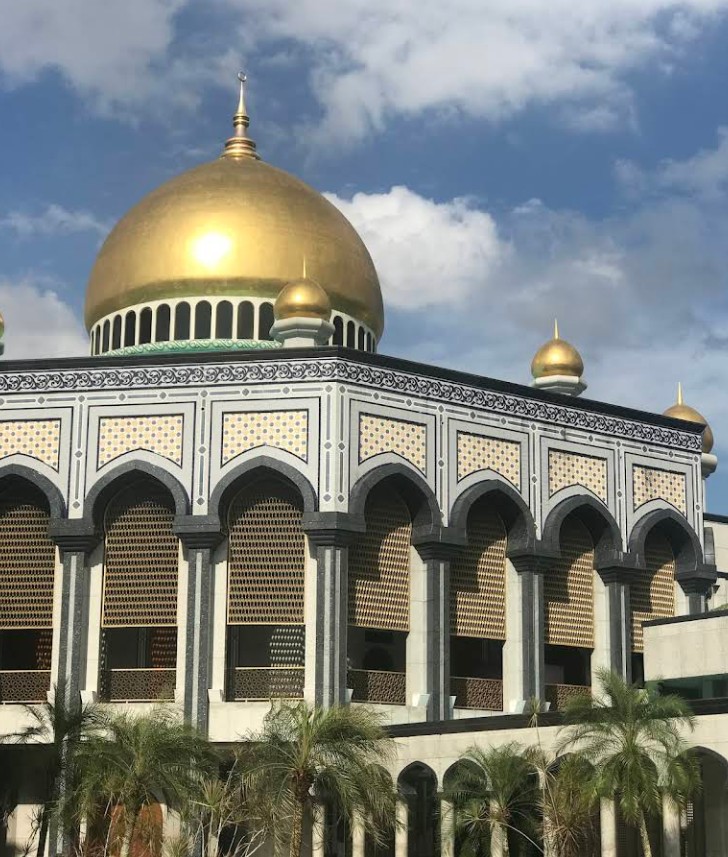
In the center of Mindanao, the Sultan Haji Hassanal Bolkiah Mosque is a symbol of faith, culture, and solidarity that goes beyond simple architectural beauty. Its existence in Cotabato City encourages tourists to take in the region’s rich Islamic legacy and to see directly the splendor of interfaith coexistence.


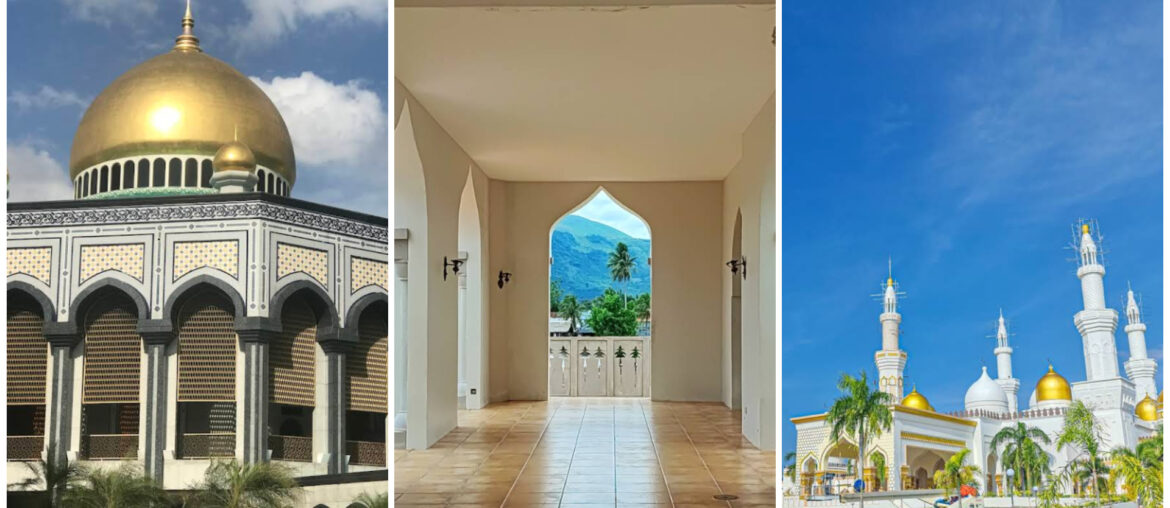
Comments are closed.